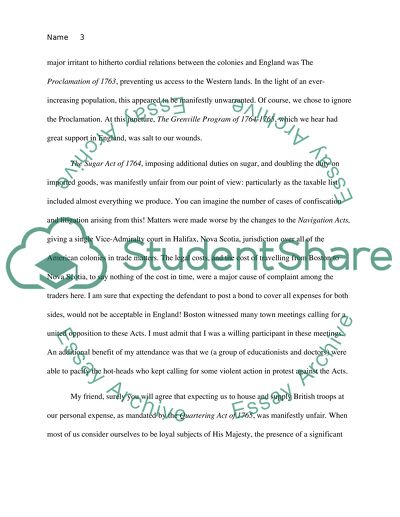Cite this document
(“Letter to Your Friend in England Essay Example | Topics and Well Written Essays - 1500 words”, n.d.)
Retrieved from https://studentshare.org/english/1437706-writing-a-letter-to-your-friend-in-england
Retrieved from https://studentshare.org/english/1437706-writing-a-letter-to-your-friend-in-england
(Letter to Your Friend in England Essay Example | Topics and Well Written Essays - 1500 Words)
https://studentshare.org/english/1437706-writing-a-letter-to-your-friend-in-england.
https://studentshare.org/english/1437706-writing-a-letter-to-your-friend-in-england.
“Letter to Your Friend in England Essay Example | Topics and Well Written Essays - 1500 Words”, n.d. https://studentshare.org/english/1437706-writing-a-letter-to-your-friend-in-england.


